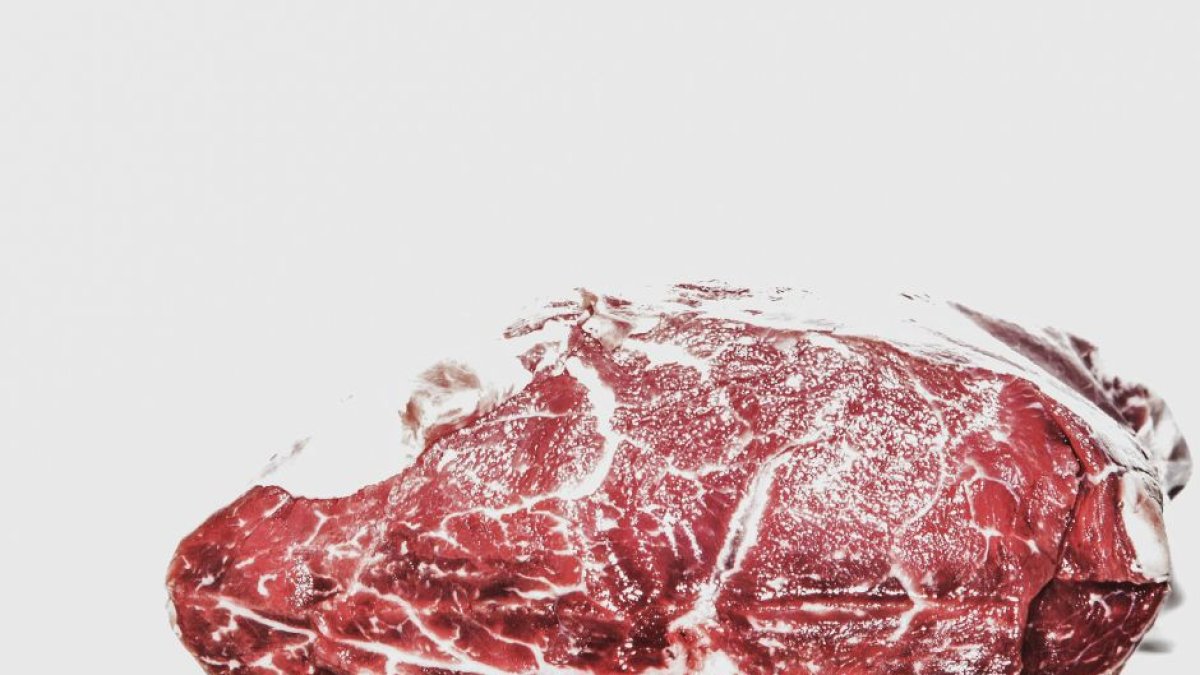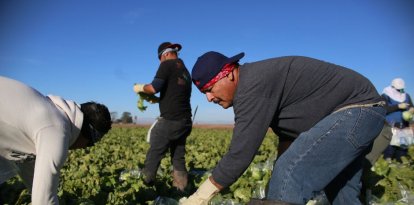A misguided solution: Beef producers reject the UN's recommendation to avoid consuming meat
The international organization's insistence is supposedly a measure to address climate change.

(Pexels)
National beef producers are speaking out against a possible roadmap from the United Nations Organization that could recommend that people not consume meat. They claim that this suggestion would be wrong and an ineffective measure to reduce climate change.
Several media outlets reported on the supposed document that could be approved at the COP28 climate summit that begins this Thursday. Non-governmental organizations such as Power The Future also warned about the situation.
According to the organization’s official website, “The United Nations agency that oversees food and agriculture is expected to release policy guidelines calling on the West, including the United States, to reduce meat consumption drastically.”
The organization stated that this is not the first time that the left has tried to control how and what people eat. However, Power The Future claimed that Americans have shown that they will not let others tell them what they should and should not consume.
“The 'eco-left' has tried it before. In her failed 'Green New Deal,' Congresswoman Alexandria Ocasio-Cortez (D-NY) wanted to eliminate cows. Unsurprisingly, this idea was not taken well as the American people are able to think for themselves and decide what is best for them in terms of agriculture and what to eat,” explained Power The Future.
"We call on them to look at solutions holistically"
The reaction from beef producers was similar. Ethan Lane, vice president of Government Affairs for the National Cattlemen's Beef Association (NCBA), said in a conversation with Just The News that leaders meeting at COP28 should consider other better solutions instead of attacking them.
“We ask them to look for solutions in a comprehensive manner. Solutions that seek to reduce meat consumption are misguided and will only lead to limited consumer options and higher food prices. At a time when malnutrition plagues countries around the world, a reduction of high-quality animal protein would disproportionately impact consumers who can ill-afford to pay more and are ultimately at the highest risk of malnutrition,” said Lane.
Likewise, Justin Tupper, president of the United States Cattlemen's Association, described the recommendation as a “demonization” of the industry and said that the benefits that the livestock sector generates for society are generally ignored.
"We use land and pastures that are not arable. You can't use it for anything else. And then we turned it into a very usable protein," Tupper pointed out.
The fact that the UN recommends reducing meat consumption is nothing new. On its official website, the international organization on climate change asks people from developed countries to consider starting a “plant-rich, balanced diet – one that provides energy and nutrients from several different food groups – and reduce foods that are harder on our planet.”
"Meat and dairy can be important sources of protein and micronutrients, particularly in lower-income countries where diets lack diversity. But in most high-income countries, shifting to more plant-based foods promotes better health and significantly lowers your environmental impact compared to the average meat-based diet," explains the official UN website.
The UN is asking people to reduce their meat consumption despite the fact that, according to the FAO's own data, livestock production accounts for only 14.5% of all manmade greenhouse gas emissions.

























